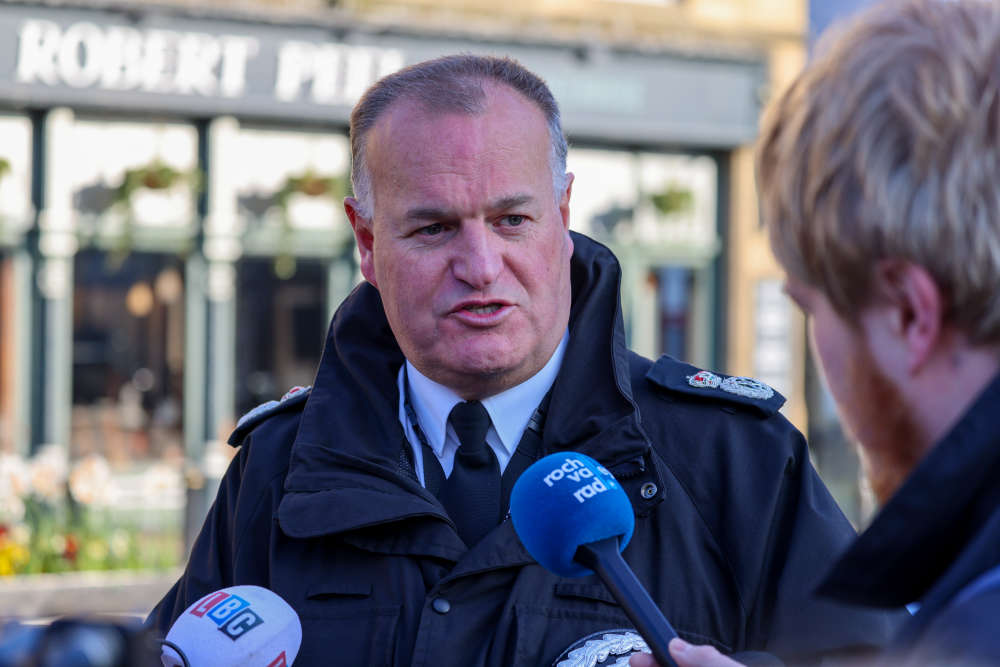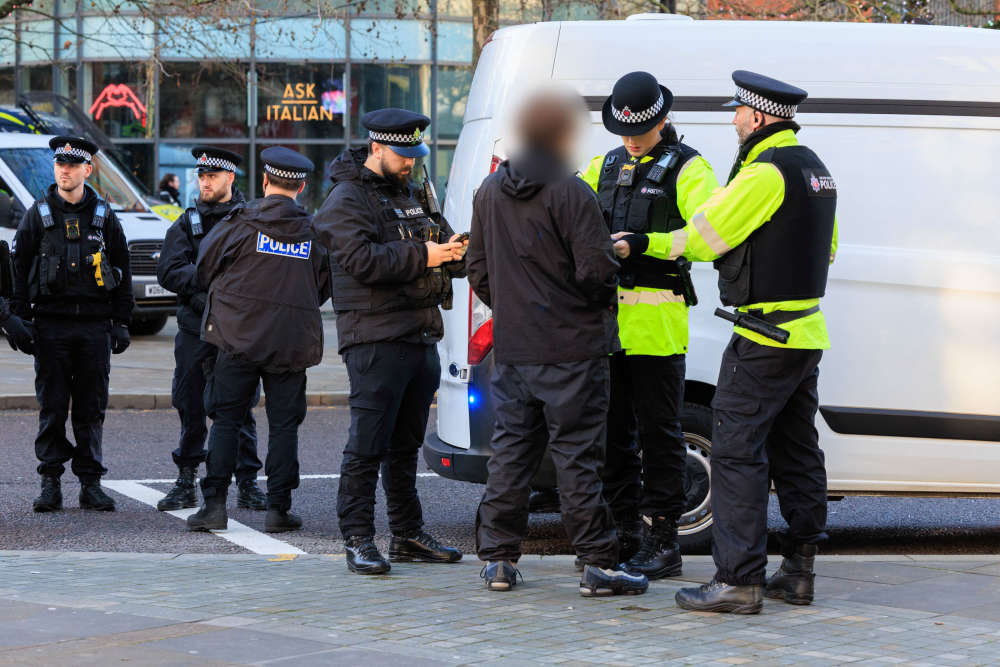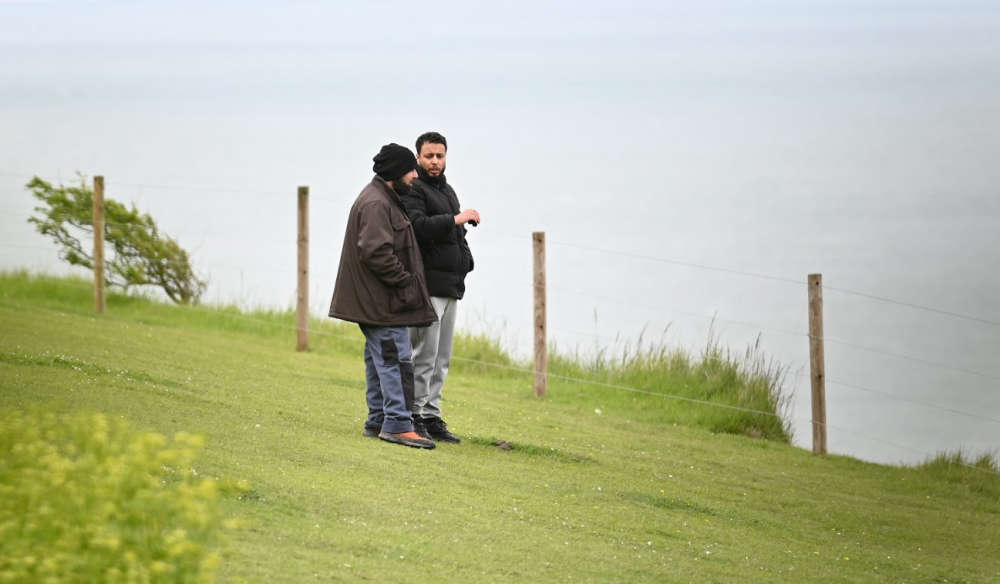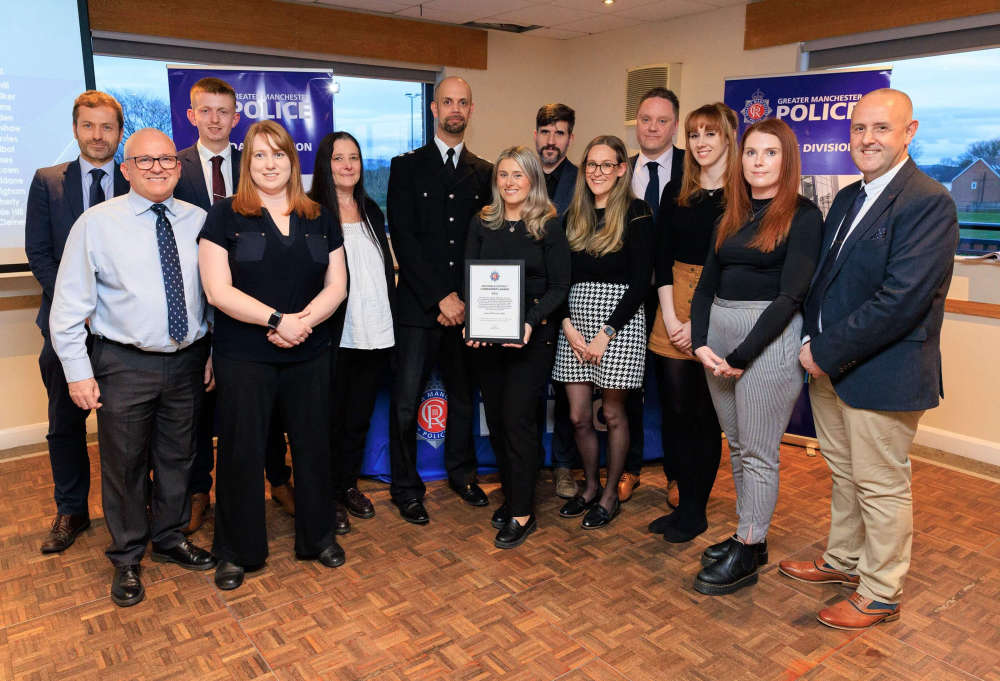
Local retail shops in the UK will stop selling peat compost by 2024, environmentalists see this as progress in the fight against climate change.
The ban aims to make amateur gardeners unable to buy any bagged peat compost from local store shelves.
Dr Tom Burditt, chief executive of Lancashire Wildlife Trust, said: “Peatlands are a real superhero habitat, at a time of both climate and biodiversity emergencies, they help carbon to be removed from the atmosphere and support an incredible range of wildlife species.
“We need to be protecting and restoring them, not digging them up and destroying them, which is why we welcome this news so whole-heartedly. A huge thanks to all those who have supported our campaigns over the years and who have helped get us to this moment.”
Peat compost is known for being a mixture of decayed vegetation or organic material, its uses are mostly for the improving and fertilizing of soil.
However, the extraction and wrong harvesting of compost has been proven to release harmful greenhouse gases and removes the bogs' ability to absorb and remove carbon dioxide and methane.
These extractions are 4% of the UK’s total annual greenhouse gas emissions.
DEFRA (The Department for Environment, Food, and Rural Affairs) hopes that further changes can be made, like the ban the extraction and commercial trade of peat immediately and restoring all bogs damaged by the removal of peat by 2035.
The Lancashire Wildlife Trust are pioneering restoration of bogs in the North West, the conservation work recently boosted thanks to the news of the ban.
The Trust current conservation and nature projects include restoring Peatlands like the Little Woolden Moss in Greater Manchester and pioneering wetter farming trail which grow celery and bulrushes on an area of re-wet peatland at Rindle Moss in Greater Manchester.
Ailis Watt, peat policy officer at The Wildlife Trusts, said: “It is fantastic to see tangible progress on this critical issue after decades of campaigning. Using peat in gardens is bad news for our climate and leads to the destruction of beautiful wild places on which many of the UK’s rarest and most threatened species depend.
“The ban is expected to apply to around two-thirds of peat currently sold in England. What we need to see now is the Government taking action towards a total ban on peat extraction, and its use in Horticulture, only then can we put an end to the decline of peatlands both in the UK and further afield.”
Environmentalists have been campaigning for a ban on the sale of peat compost for 40 years.
DEFRA revealed that following a campaign run by The Wildlife Trusts, Defra received 5,000 consultation responses, from members of the public, retailers, growers, extractors and manufacturers.
95% of those who responded to its consultation were in favour of a complete retail sales ban.
DEFRA commented that even after 2024 many UK retailers will keep on selling the compound legally.
The ban will not make the use of peat illegal, and many retailers will still be able to sell the compound legally, but DEFRA and The Wild Trust is proud to be driving forward the conversation of its controversial usage.


 Hopwood Hall College Principal among North West recipients of OBE in King's Honours List
Hopwood Hall College Principal among North West recipients of OBE in King's Honours List
 Bolton paedophile 'inappropriately' restrained before prison death report finds
Bolton paedophile 'inappropriately' restrained before prison death report finds
 Crime falls and justice rises as GMP pledges safer 2026 for Greater Manchester
Crime falls and justice rises as GMP pledges safer 2026 for Greater Manchester
 Flying Scotsman to return to East Lancashire Railway in 2026
Flying Scotsman to return to East Lancashire Railway in 2026
 Teletubbies, traffic cones and blind mice take over Edgworth in charity race
Teletubbies, traffic cones and blind mice take over Edgworth in charity race
 Greater Manchester Police make 671 arrests during Festive Friday weekend
Greater Manchester Police make 671 arrests during Festive Friday weekend
 Three men convicted after foiled antisemitic terror plot in Greater Manchester
Three men convicted after foiled antisemitic terror plot in Greater Manchester
 Child Protection Investigation Unit praised for relentless work safeguarding children in Rochdale
Child Protection Investigation Unit praised for relentless work safeguarding children in Rochdale



